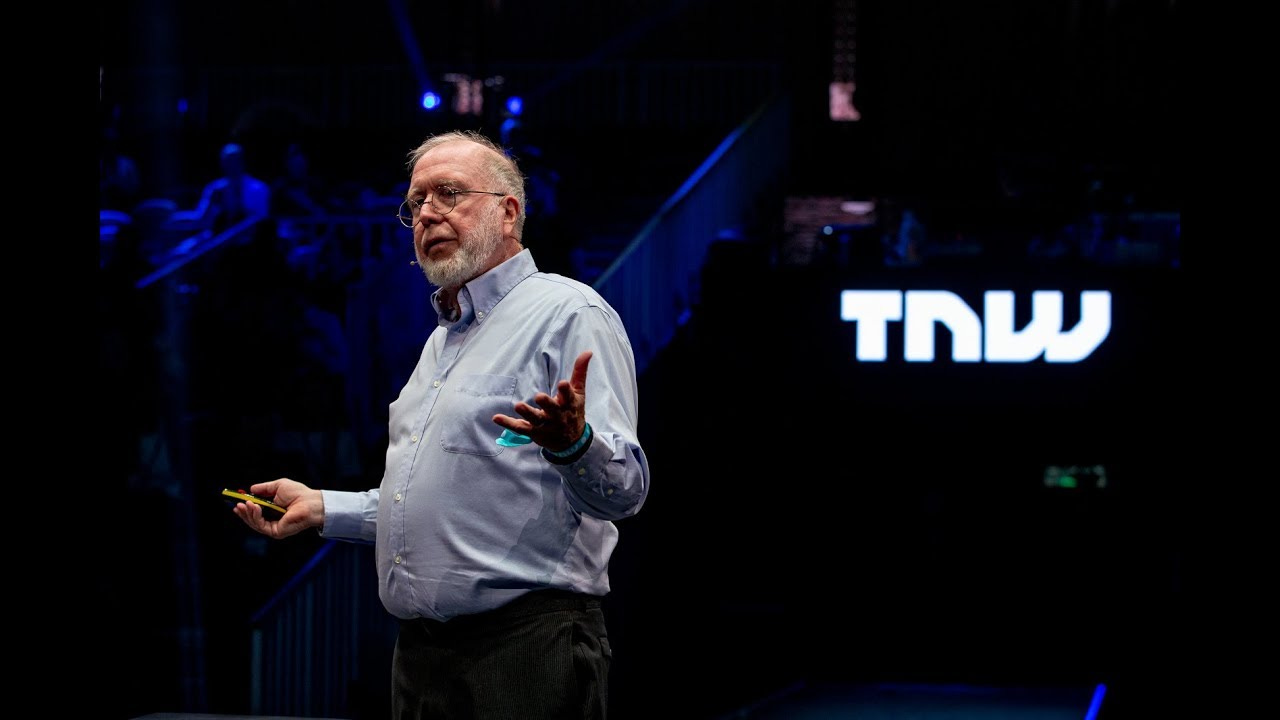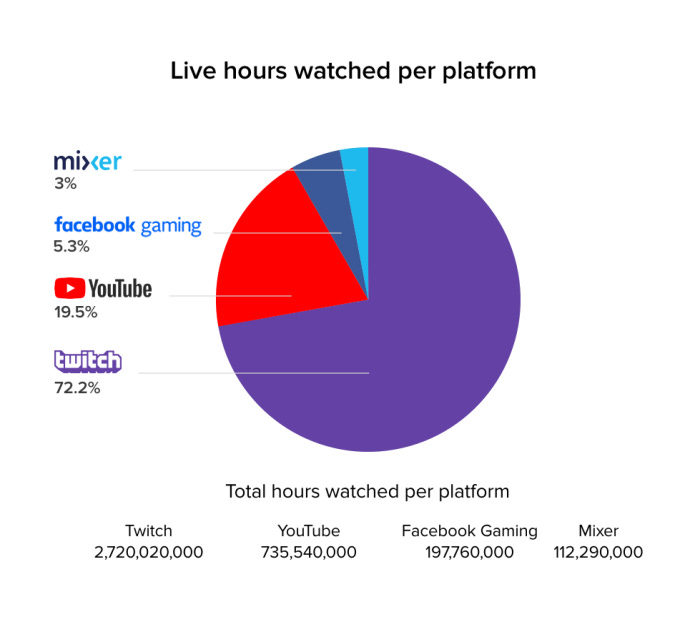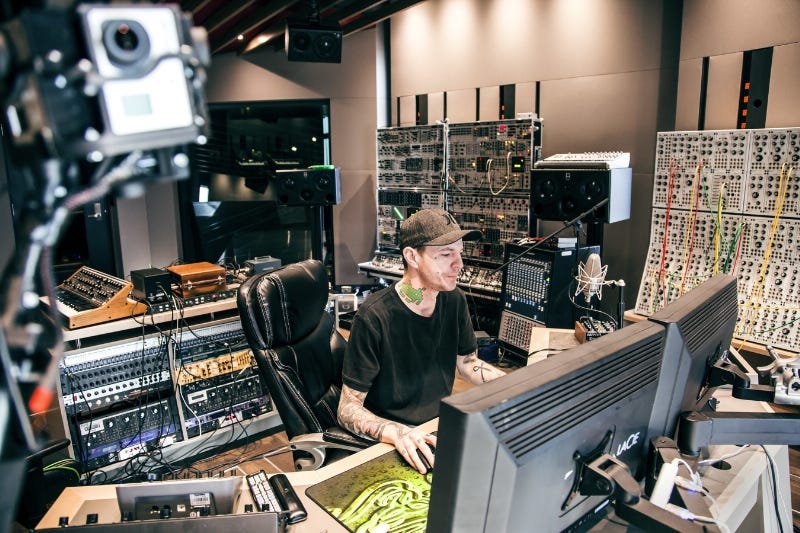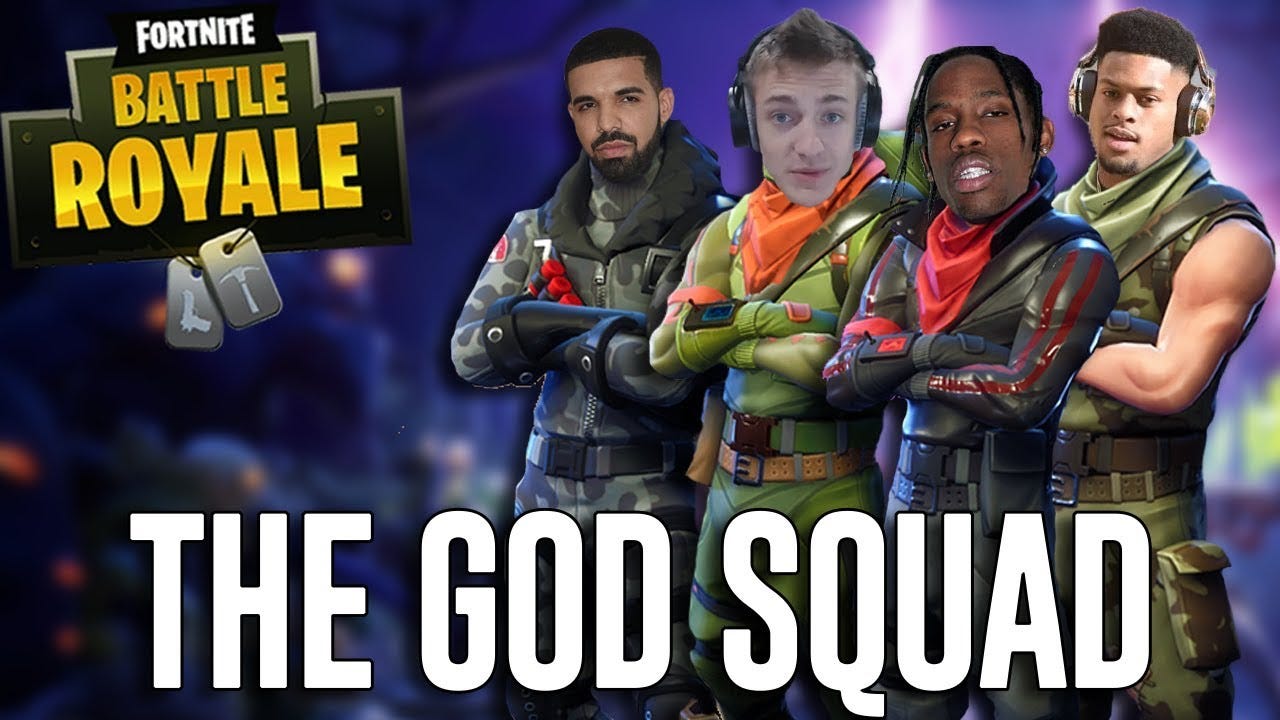Twitch 👨🏻💻: Creator Economy's Middle Class
In today's edition, we talk about how streaming platform- Twitch is helping build a middle class in the Creator Economy
We write a daily newsletter on all things Music, and the Business and Tech behind it. If you’d like to get it directly in your inbox, subscribe now!
Happy Monday Everyone!
In one of our earlier pieces, we wrote on the future of live music, and how Covid has accelerated the push towards not just the rise of streaming platforms, but Virtual Reality and Live Streaming in music, as alternatives to outdoor gigs.
You can check it out here
However, what happens when places start opening up and outdoor concerts come back? Is it a simple switch from digital to analog?
Seems unlikely right?
Kevin Kelly: the founding executive editor of Wired magazine wrote an essay in 2008 called ‘1000 True Fans’, something which seems prophetic even for today.
In the essay, Kelly argues 👇🏻
To be a successful creator you don’t need millions. You don’t need millions of dollars or millions of customers, millions of clients, or millions of fans.
To make a living as a craftsperson, photographer, musician, designer, author, animator, app maker, entrepreneur, or inventor you need only thousands of true fans 🗣
But how do you define what a true fan really means? Kelly explains-
A true fan is defined as a fan that will buy anything you produce.
These diehard fans will drive 200 miles to see you sing; they will buy the hardback and paperback and audible versions of your book; they will purchase your next figurine sight unseen; they will pay for the “best-of” DVD version of your free youtube channel; they will come to your chef’s table once a month.
If you have roughly a thousand of true fans like this (also known as super fans), you can make a living — if you are content to make a living but not a fortune.
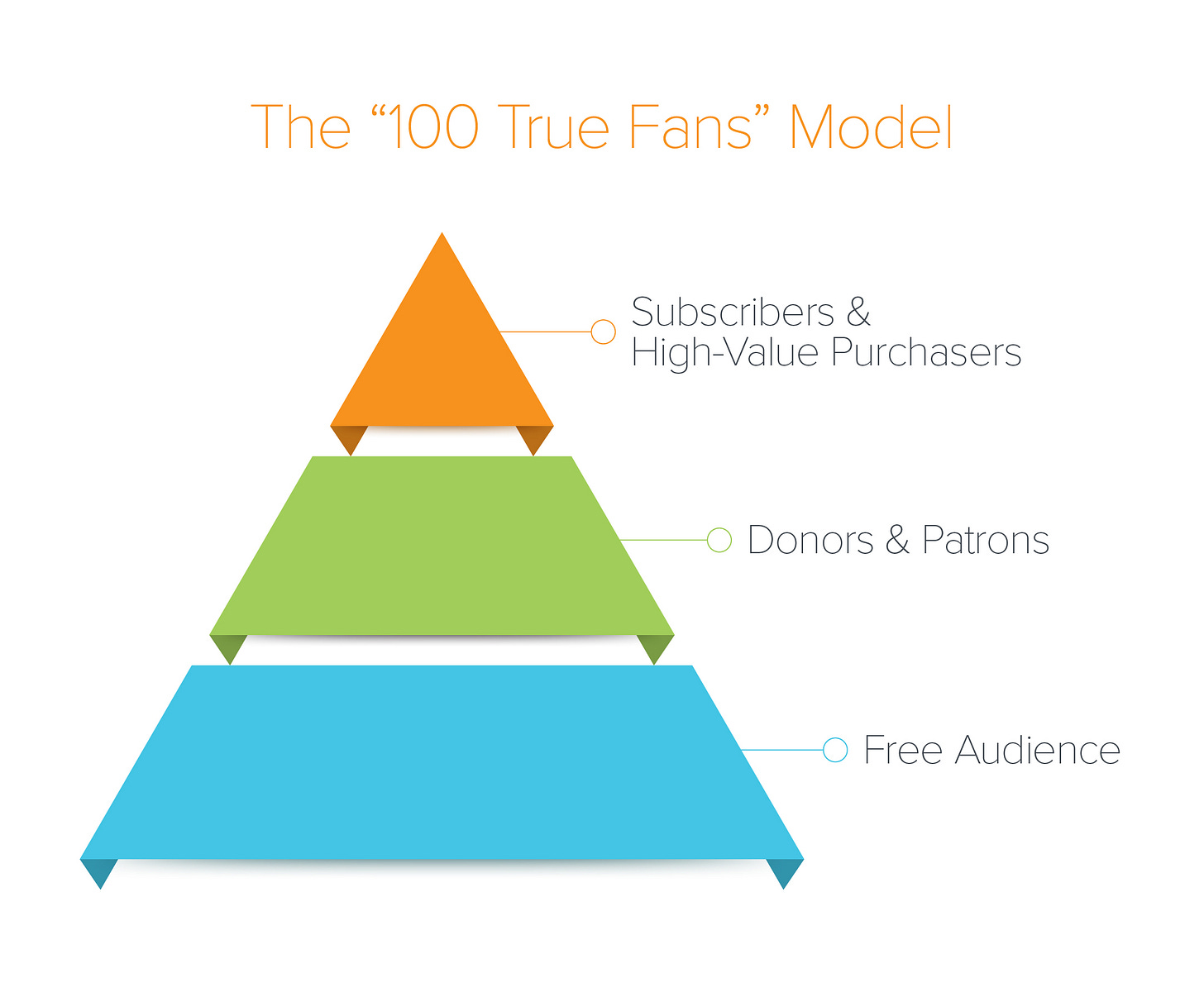
Although originally published back in 2008, the essay is making something of a comeback.
Many artists today are feeling short-changed from their paltry music streaming royalties, and shifting to platforms such as Twitch to engage with their fans.
In a recent Harvard Business Review article, Founder and Managing Partner of Atelier Ventures, an early-stage VC fund- Li Jin argues that ‘The Creator Economy Needs a Middle Class’.
Jin encourages us to rethink media, and Kelly’s essay suggests a remedy, which Twitch is strongly positioned to provide.
Check out her podcast interview where she explains the concept of 100 true fans 👇🏻
Unless you’ve been living under a rock, you would have at least heard of Twitch 🤳🏻
If not, let me summarise it for you :
📈$15 billion: Current market value of Twitch
💰$970 million: Amount Amazon paid to buy Twitch in 2014
⌛️66 Million: Hours watched daily on Twitch
📺16.6 million: Twitch users following the channel of Tyler “Ninja” Blevins, the most followed gamer on the platform
👀1.9 million: Live viewers on Twitch, at the time of writing this
👨🏻💻 90%- Market share Twitch holds for Content Streamed on the Internet
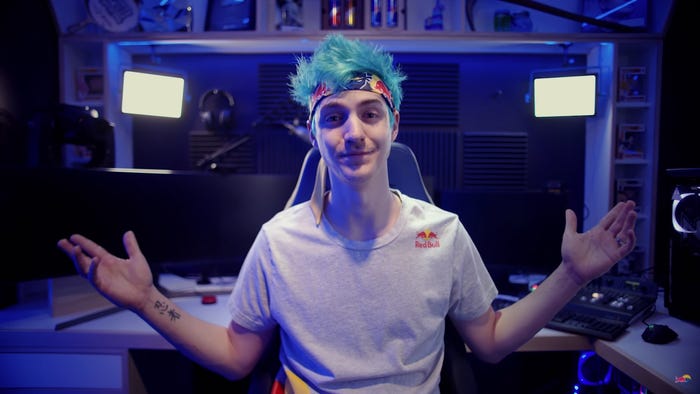
Basically, Twitch is huge.
However, Twitch started out as a “Game-Oriented” live streaming platform that people were getting reported on, for not playing games on their streams.
Fast forward to today, the “Just Chatting” section of Twitch now averages over 100k viewers daily where creators just talk with their live audience 🎙
Among the various categories on Twitch, one of the most popular ones is ‘Music’ 🎧
The Music category is similar to ‘Just Chatting’ where creators just talk and hang out with their audience but in Music, the streamer could make/produce/play their own music to their audience on a live platform.
Twitch is now a streaming giant compared to its competitors Youtube Live, Facebook Live, and now obsolete, Mixer.
The ‘Music’ category itself has 5.8 Million followers on Twitch 👇🏻
If you made it this far, it seems like you’re digging our content! Please share this with someone who would be interested in this, and help support us 🙌🏻
So which musicians have used Twitch so far?
Although he does not stream on the platform anymore, one of the more famous names and an actual artist who stepped into the Twitch streaming game was renowned DJ “Deadmau5”.
He would play games, produce music, and listen to his audience’s music by having them donate a certain amount for him to listen to their tracks.
He streamed the famous battle royale game “PUBG” with gaming giants like Shroud and Dr. Disrespect.
Recently, artists and producers like T-Pain, Kennybeats, Marc Rebillet, Steve Aoki, and Mike Shinoda have taken up streaming on Twitch.
However, the biggest major landmark arguably in Twitch’s history for music, was when streaming giant “Ninja” played the battle royale “Fortnite” with rappers Drake and Travis Scott, along with NFL star Ju-Ju Smith.
Their live stream effectively broke Twitch by reeling in over 600,000 people to watch them play Fortnite 🎮
But what makes Twitch different from the other streaming platforms?
Will Page, the author of a book we frequently reference on this newsletter- Tarzan Economics, also put out a full-blown research cover on Twitch’s model and what makes it unique.
In what Page calls, ‘Twitch’s Rockonomics’ he makes the case that, primarily, Twitch’s USP can be broken down on the basis of these characteristics:
📱 User Experience
📝 Music Licensing
💰Money In and Money Out
Check out this table which outlines it further 👇🏻
In next Monday’s edition, we will go deep into these 4 differentiating points and talk about how creators make money on Twitch 💲
Stay tuned 👀
If you liked this newsletter from Incentify, why not share it with someone you like?
P.S- Follow us on Instagram and Twitter for more such content on all things Music and Culture, now!





